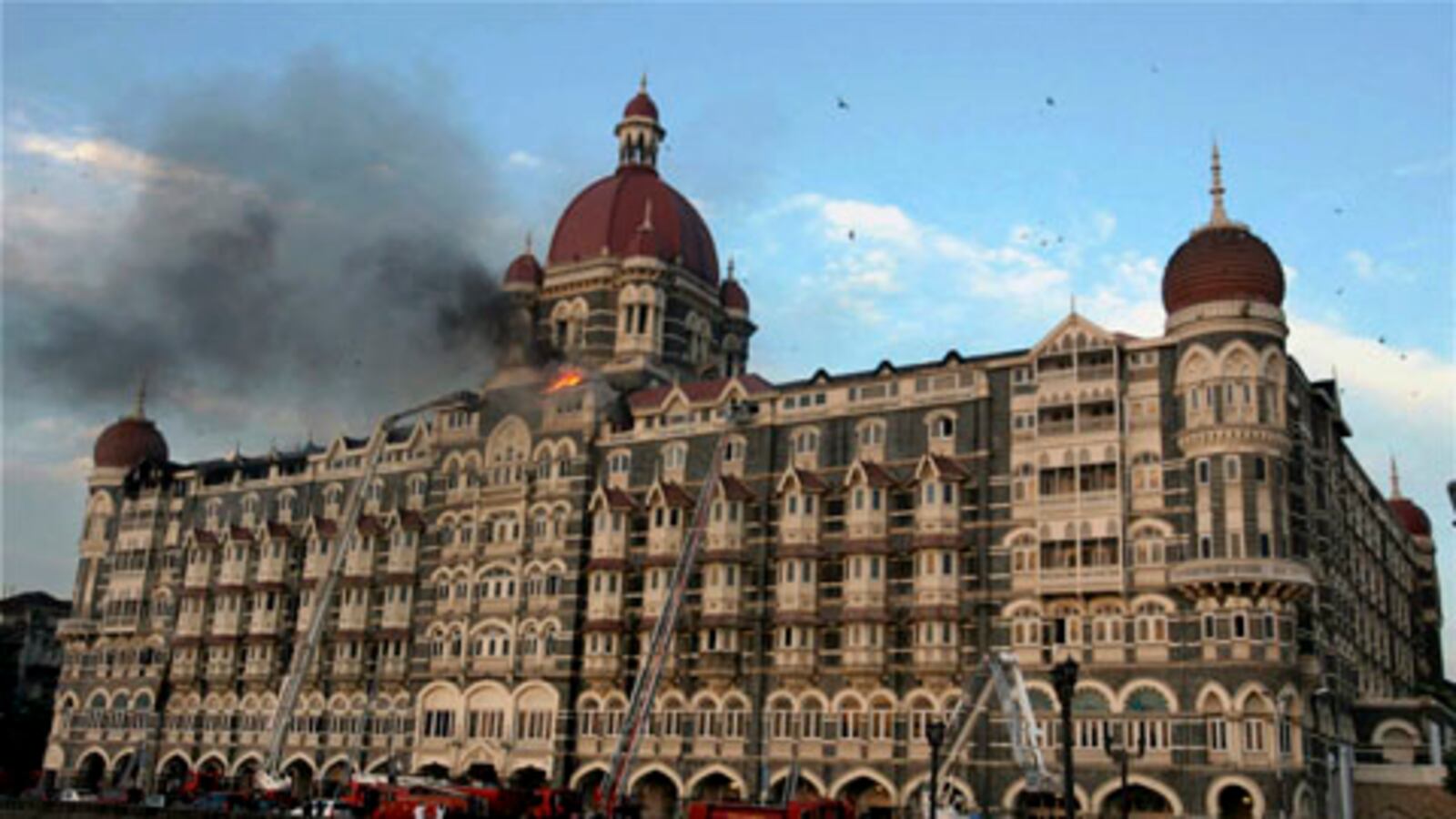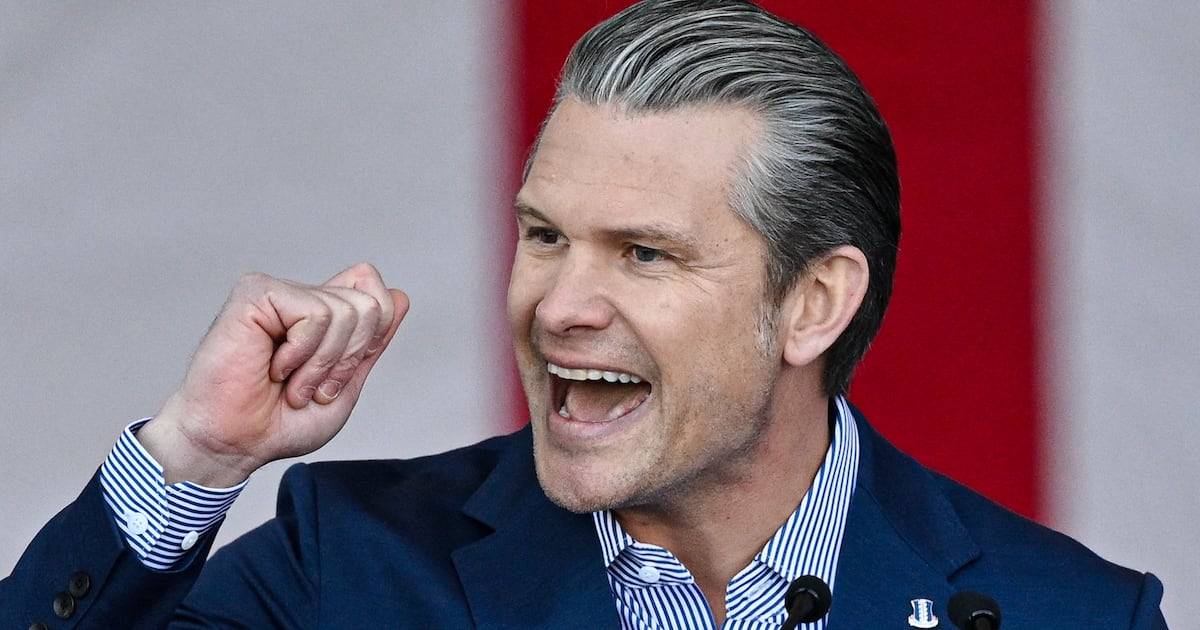
It was nearing 10 on Wednesday night, and I told Joydeep Ghosh, a fellow hack who works at the financial daily Business Standard, "Gulp your drink, let's go. I have an edit meeting tomorrow."
We were at the Mumbai Press Club, just behind the Times of India (ToI) building. It’s a heritage structure fondly called ‘The Old Lady of Bori Bunder.’ In the old days—more than good surely—it was used to store bales of cotton. Bori means sack; bunder, a landing area for boats.
What followed was not common: the taxi that sped ahead was now a huge ball of flame.
The shoreline of the city has changed a lot since. Much of present day south Mumbai stands on reclaimed land from the sea. The world would learn later that at the land's end of Cuffe Parade, just a few kilometers away, a dozen or so determined but misled young men had already landed on speed boats armed to the teeth. With AK-47 assault rifles, grenades and kilos of Royal Demolition Explosive (RDX) in their haversacks to ply their trade of hatred; to take revenge for the perceived and real assaults made on their beliefs and way of life.
As we drove to the northern suburb of Borivili, a good hour-and-half away, Joydeep was filling me on his week-long holiday plans. The traffic is always a snarl in the city and it teaches you to be patient. At about 10:45 or so, we reached a red light at Sambhaji Nagar at Vile Parle, a short distance from the domestic Santacruz Airport. The taxi right in front of ours broke the signal. That's not an uncommon sight as scores are obsessed with getting ahead in life. What followed was not common: the taxi that sped ahead was now a huge ball of flame. The entire area was clouded in thick black smoke. Bystanders stood rooted; nobody could believe what they had just seen.
The explosion killed the driver and passenger. It was so powerful that there was nothing remaining of the taxi. The driver's head was found near the vicinity of the Golden Swan Hotel, some sixty meters away. Had the taxi blown up at the signal, it would have caused mayhem. Vehicles would have been in flames; countless more would have been dead. The resultant jam which would have affected rescue attempts, and blocked access to the airport. Was that the idea of those who planted the bomb in the taxi? Looks like it. Or why else should a bomb be kept in a taxi that blows itself up in the suburb when the rest of attacks were all centered in the heart of the city.
After a few minutes, a huge crowd started to build up. That's when both of us decided to get out and walk to the nearest railway station (Vile Parle) which we were told would take us a good half-and-hour, maybe a tad more. Just then our cells started to buzz. Were we okay? We were told about the serial terror strikes: at the iconic Taj, the more business like Oberoi Trident; firing right in front of the Club, at the Chaathrapati Shivaji Terminus bang opposite the ‘Old Lady.’
Mumbai is not new to violence. In March 2003, bomb blasts killed 250 and it was followed by communal riots. The months of August 2003 and July 2006 saw another 300 pay with their lives. And now with the latest strikes, the city and India are set for a huge change in outlook. It’s a country that is still hostage to a rigid caste order. And life has always been cheap in India. Yet this time, a large number of victims belong to the swish set; the blasts have jolted these "Brahmins."
And it’s election season now. Maharashtra Anti-Terrorism Squad chief Hemant Karkare was killed while on duty. He is now a hero even for the BJP. Yet the party was unhappy with him due to his approach to Hindu terrorism. Prabhu Chawla, the editor of India Today, a leading weekly, and a saffronite, highlights that after the attack on India's parliament in December 2001, nearly 1,200 innocents have died in 23 terror strikes. Of these only five took place during the previous BJP-led coalition's tenure; the rest were under the current regime. What is sought to be conveyed is that the State is politically correct when its comes to Muslims as it is a vote bank; that it will not do anything that will affect its harvest at the hustings. And that BPJ will set it all right.
Kumar Ketkar, the Mumbai-based hugely respected editor of Lok Satta, a Marathi daily from the Indian Express Group rues the fact that the latest attacks will only aggravate the plight of Muslims in the country. "All talk of this moment unifying the country like never before is not going to happen. When the right-leaning press says that India is soft in dealing with Pakistan, and is therefore a soft-state, what they are implying is that the Indian state is soft on Muslims; and that that Pakistan and Indian Muslims are emotionally tied." It has also been suggested that given the logistics involved, the terrorists also have local sympathizers.
The terrorists sought out Americans and the British. If you cannot hit them in their home countries, hit them when they step out. That's seem to the message. In the process, it will also push the local Muslim more the sidelines of society, and deepen the cleavage in India-Pakistan relations.
India has been singed badly.
Raghu Mohan is a writer based in India.






